As you walk through Westford Academy, you see people sporting energy drinks of various flavors. Pink Lemonade. Raspberry Peach. Mango Passionfruit. These flavors appeal to you, and as you walk into your first block class, you search up the drink brand. The bottle’s label promotes “essential energy,” “accelerated metabolism,” and “burning body fat,” and seems like a perfect combination of ingredients to help you get through the long school day.
However, what most people don’t understand is just how much caffeine is in one of those cans. The health risks of energy drinks are real and dangerous, and we need to be aware of them.
While there once was a time when most students would walk around with Dunkin’ or Starbucks, now, another drink is added to the mix: Celsius. This drink is becoming increasingly popular among students, with seemingly fun and appetizing flavors such as Sparkling Peach Vibe, Sparkling Wild Berry, and Sparkling Watermelon. Not a day goes by without seeing at least three or four students with Celsius in the halls. That is not to say other drinks are not popular. Other popular energy drink brands include Red Bull, Monster, Rockstar, and Bang. No matter which brand, each of these energy drinks includes alarmingly amounts of caffeine and is simply not safe for students.
Studies show that 30% to 50% of adolescents aged 12-17 regularly consume energy drinks. And this statistic makes sense: energy drinks help give teenagers a boost of energy before a long school day or a sports game. As a student-athlete, I understand the urge to bring an energy drink to school in the morning: some days, I leave for school at 6:40 a.m. and don’t get home until 10 p.m. due to swim meets. These long days require an extra boost of energy. However, there are better ways to gain energy besides consuming energy drinks, such as eating protein, and carbohydrates, and eating an all-around healthier diet.
Many students may continue to drink energy drinks just because nothing has happened to them yet, thinking that it must be fine. However, just because nothing has happened to them yet, doesn’t mean that it will never happen. Thousands of people are hospitalized after consuming energy drinks every year. People of all ages can suffer cardiovascular issues after drinking just one energy drink.
These drinks can contain as much as 100 to 300 mg of caffeine per serving, while the recommended daily amount of caffeine for teenagers is 100 mg of pure caffeine. Even then, the American Academy of Pediatrics recommends that teenagers do not drink energy drinks. The caffeine found in energy drinks places children and teenagers at risk of becoming dependent or addicted to the substance, and also has negative effects on developing hearts and brains.
Besides the excessive amount of pure caffeine in them, energy drinks often also include guarana, a plant that contains even more caffeine – one gram of guarana contains between 40 and 80 mg of caffeine. Energy drink manufacturers are not required to include this in the caffeine content on the product label, which means that energy drinks can be a lot more caffeinated than expected. Students shouldn’t place their trust in these companies who are not upfront about what they are adding to the their energy drinks.
The list of health issues that arise with energy drinks is surprisingly long. From heart problems such as increased heart rate, increased blood pressure, strain on the cardiovascular system, and irregular heart rhythms to neurological symptoms such as agitation, rambling, and nervousness, the range of effects energy drinks have on people is huge. Energy drinks can also interfere with sleep patterns and cause insomnia and fatigue, providing the opposite effect from what students actually want to have: more energy throughout the day. Although these impacts may not be experienced by students straightaway, causing them to continue drinking energy drinks, it is important to remember that these long-term consequences would only worsen with time.
While these may just seem like statistics, the risks of energy drinks are very real: over 20,000 trips to the emergency department are associated with energy drink use every year in the United States alone.
Just last year, Panera Bread faced two lawsuits for the caffeine content in their Charged Lemonades, which were determined to have caused cardiac arrests, killing two people. A third lawsuit filed in 2024 alleges the energy drinks caused a healthy young woman to develop permanent heart issues. With no pre-existing heart conditions, the woman first experienced heart palpitations and dizziness, leading her to be hospitalized with atrial fibrillation, an irregular heartbeat that can lead to blood clots, stroke, heart failure, and other heart-related complications. These symptoms can occur in anyone – whether they have a heart condition or not.
A lot of students already find themselves addicted to energy drinks. Developing an addiction to energy drinks can be extremely dangerous, and lead to addiction to harder, more dangerous substances such as drugs or alcohol in the future. Students who find themselves drinking one or more energy drinks daily can ease off of the drinks by gradually decreasing their intake. This involves reducing energy drink intake slowly and methodically until they can quit. Having a dependency on certain objects or items is not easy to overcome, but it is something that must be done.
Ultimately, energy drinks are not worth the risk. In the fast-paced world we live in today, it may feel necessary to have an extra boost while balancing everything we as students do. However, it is important to take a look at the big picture and recognize that energy drinks do more harm than good.

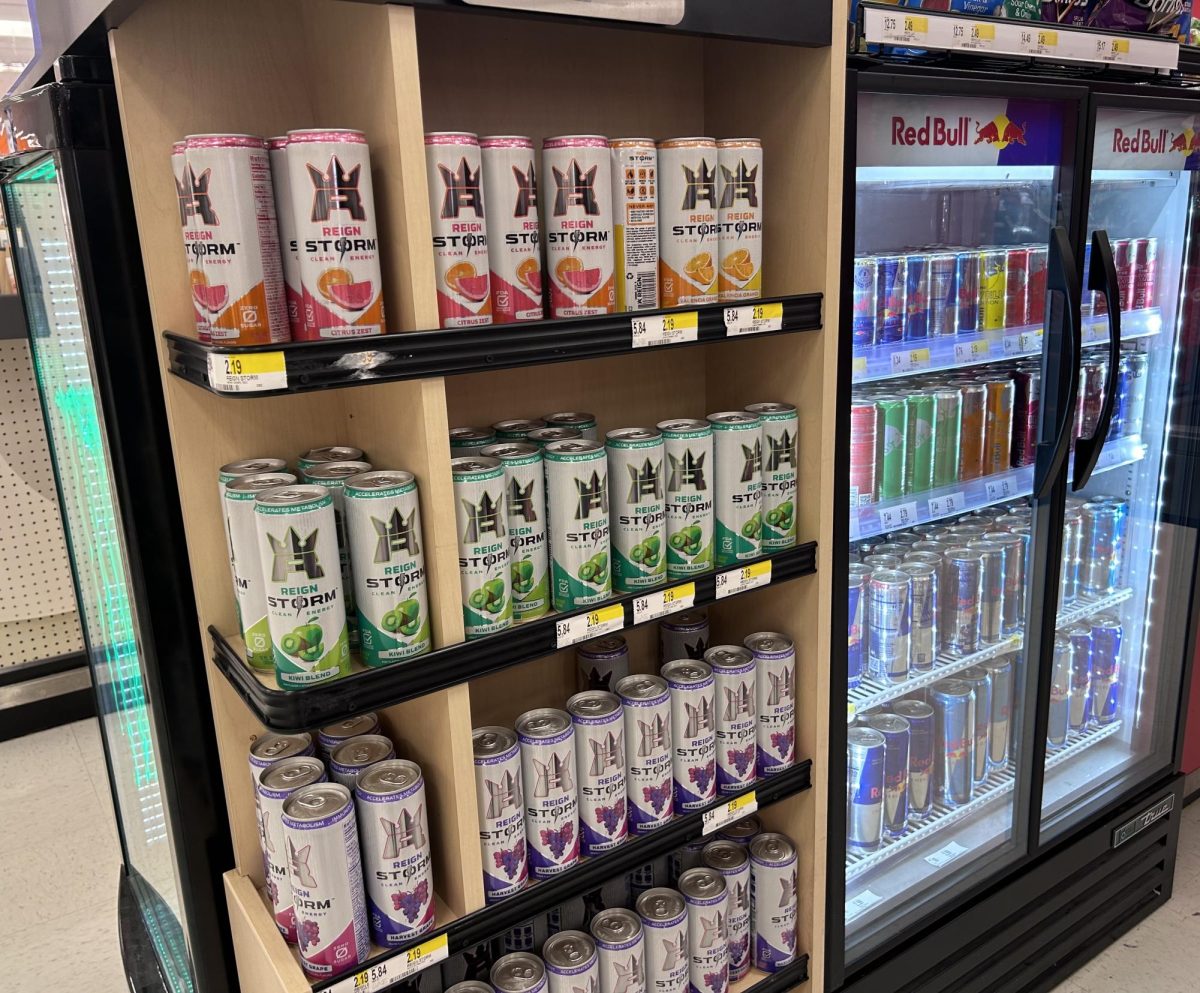
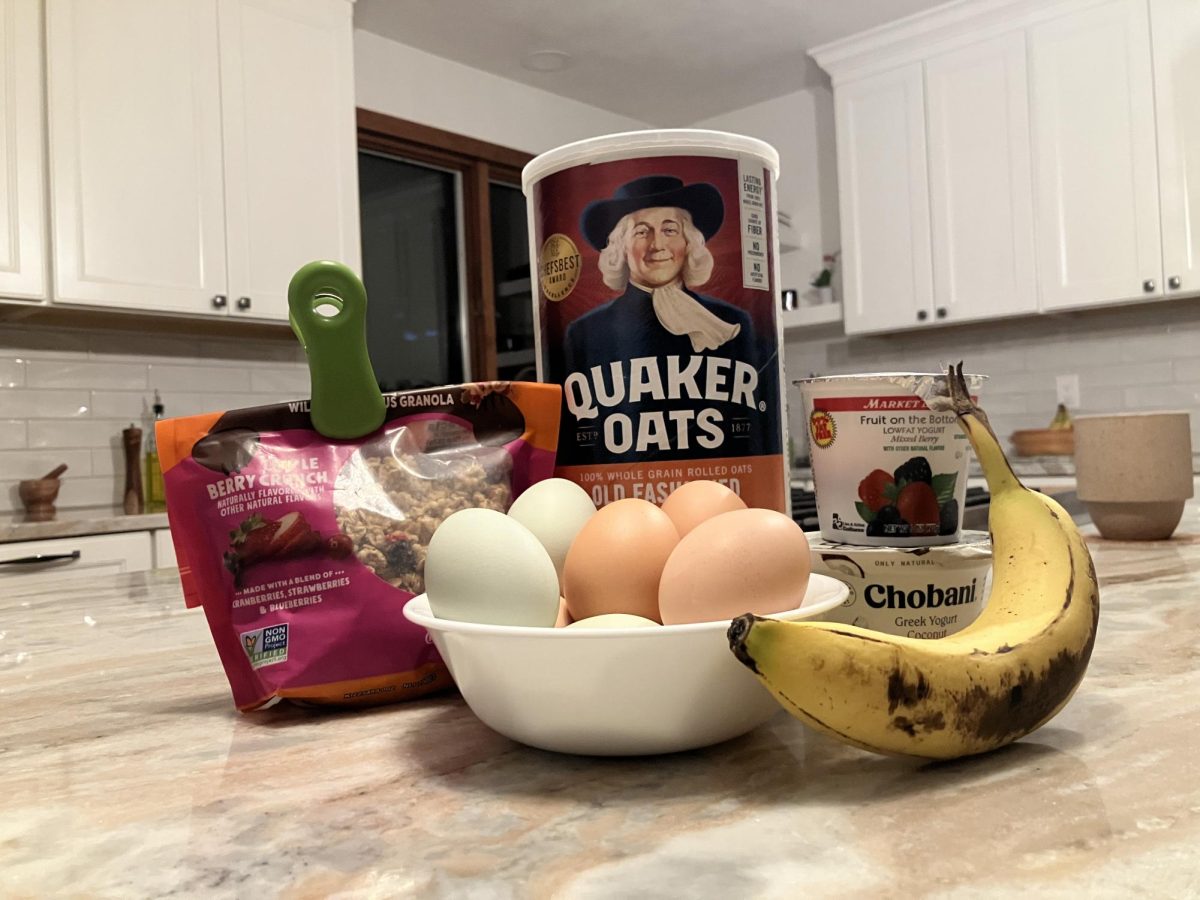
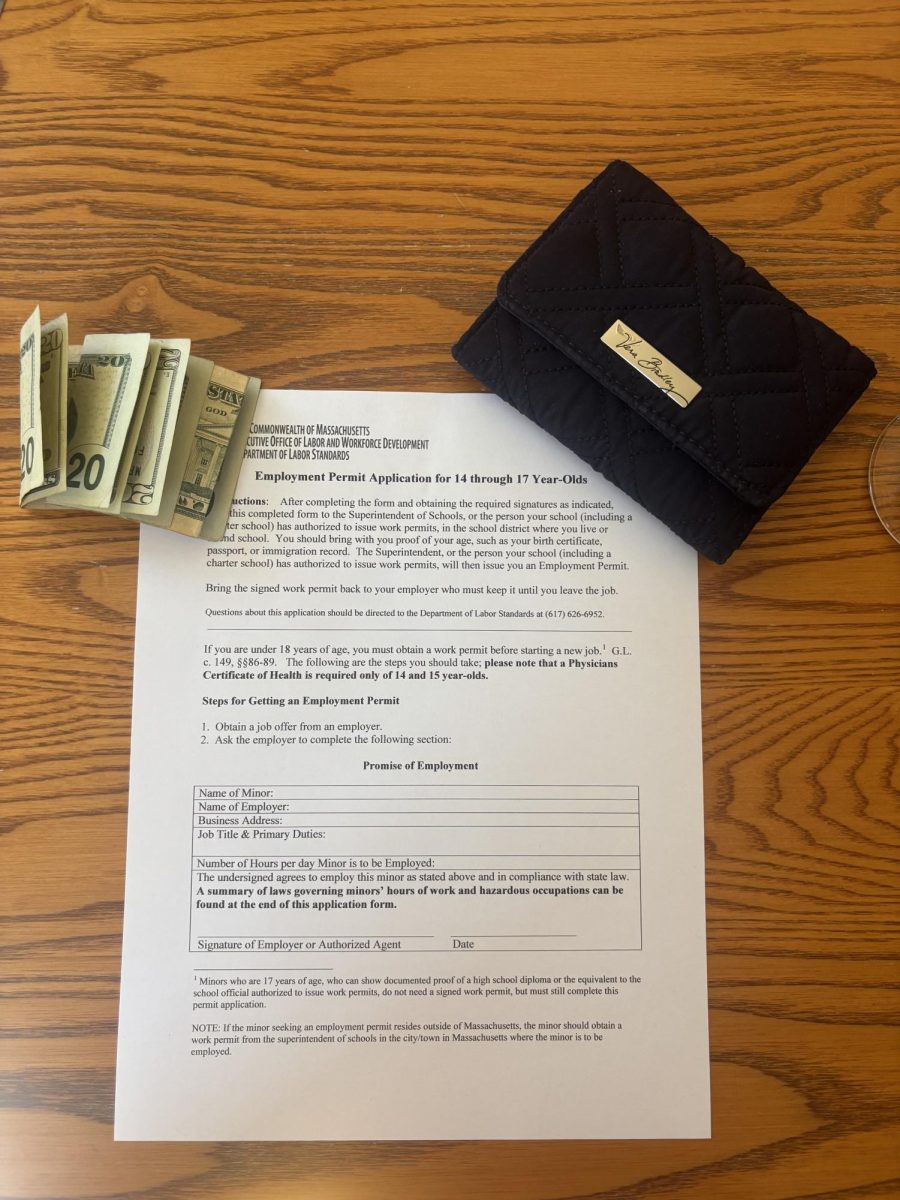
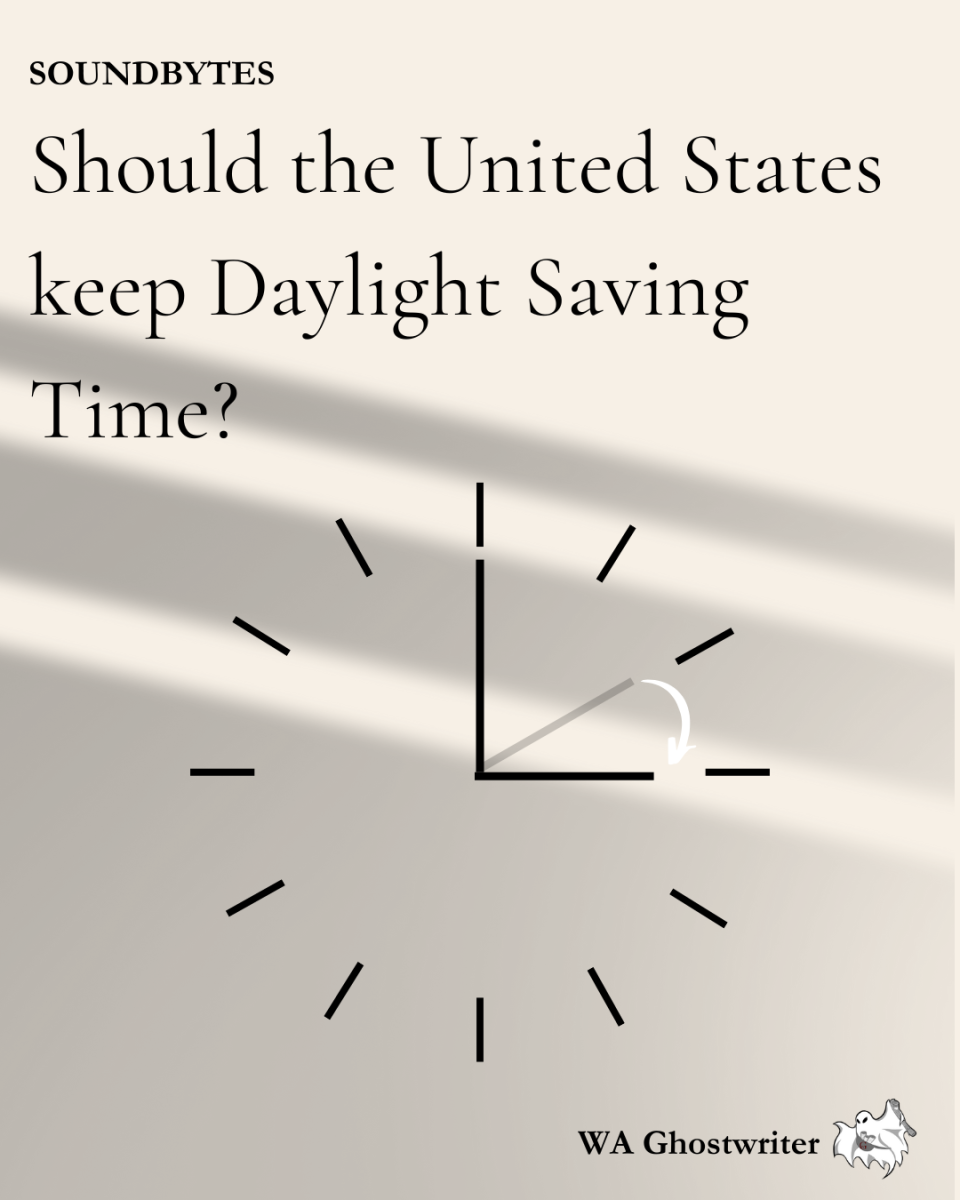
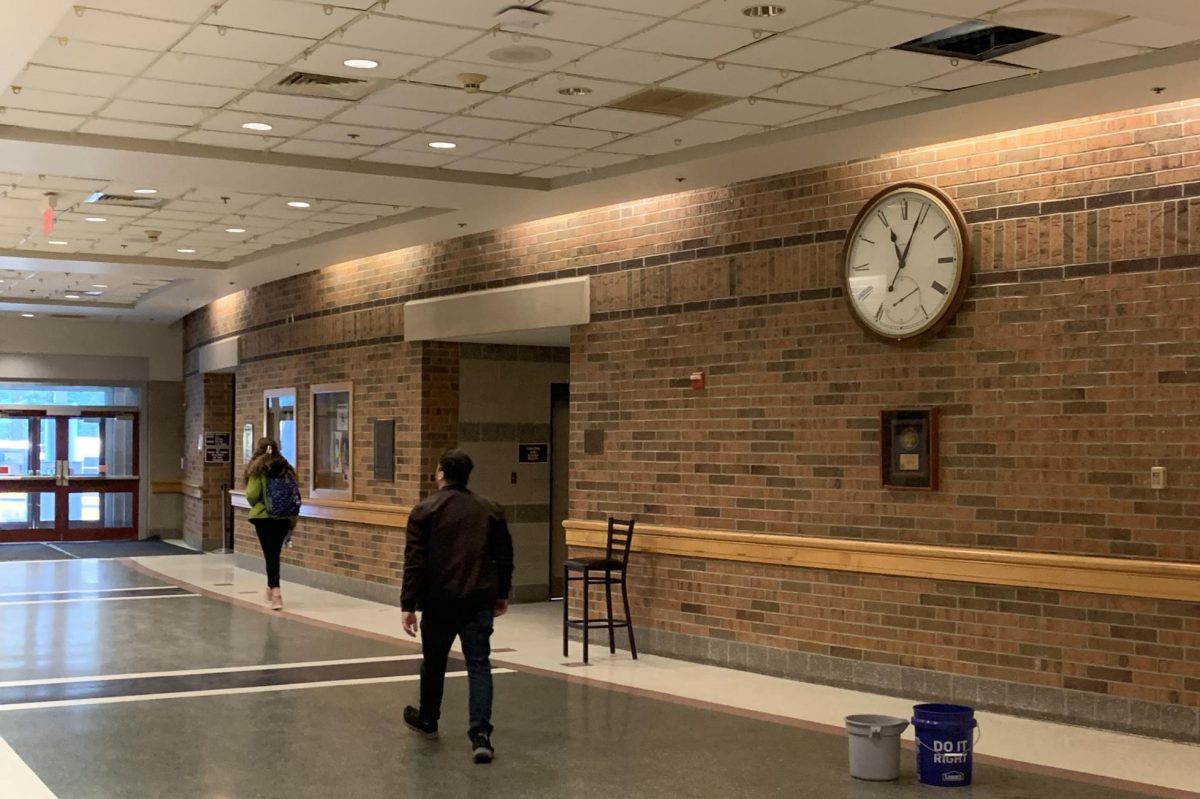
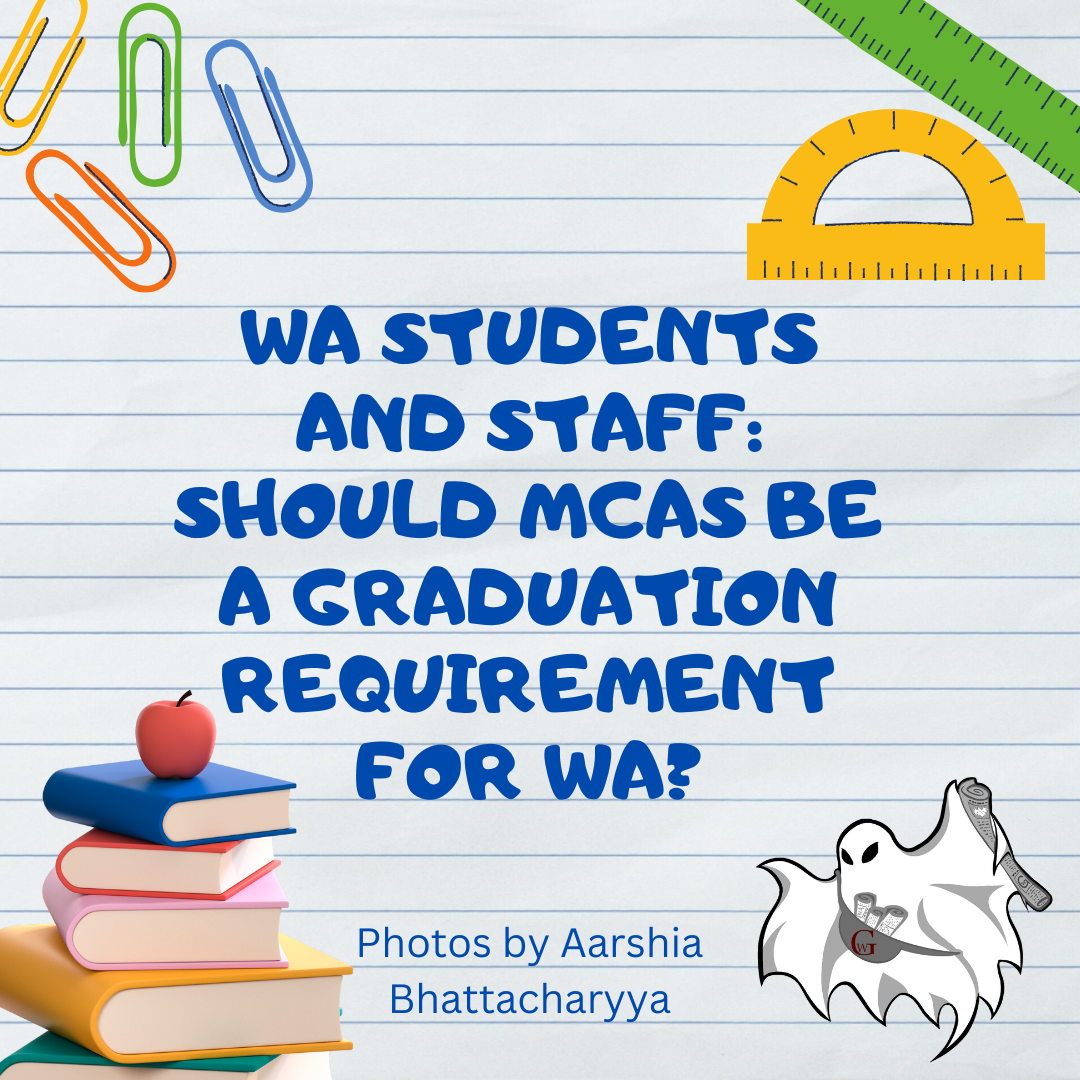


Rachael Nichols • Apr 24, 2024 at 12:45 am
Thank you. This is the best article I’ve read about energy drinks. It has so much information that I have been trying to research and can’t find. To be honest I have a bad very bad addiction to monster energy drinks and I’ve had that addiction for 7 years now I drink about four cans a day or more and I’ve been wanting to quit in your article is helping me so much.
Last year I had a EKG done because I was having surgery on my wrist and I have atrial fibrillation and I never had that before after reading your article but I’m positive it’s because of the energy drinks so now I’m even more determined to quit thank you very much.